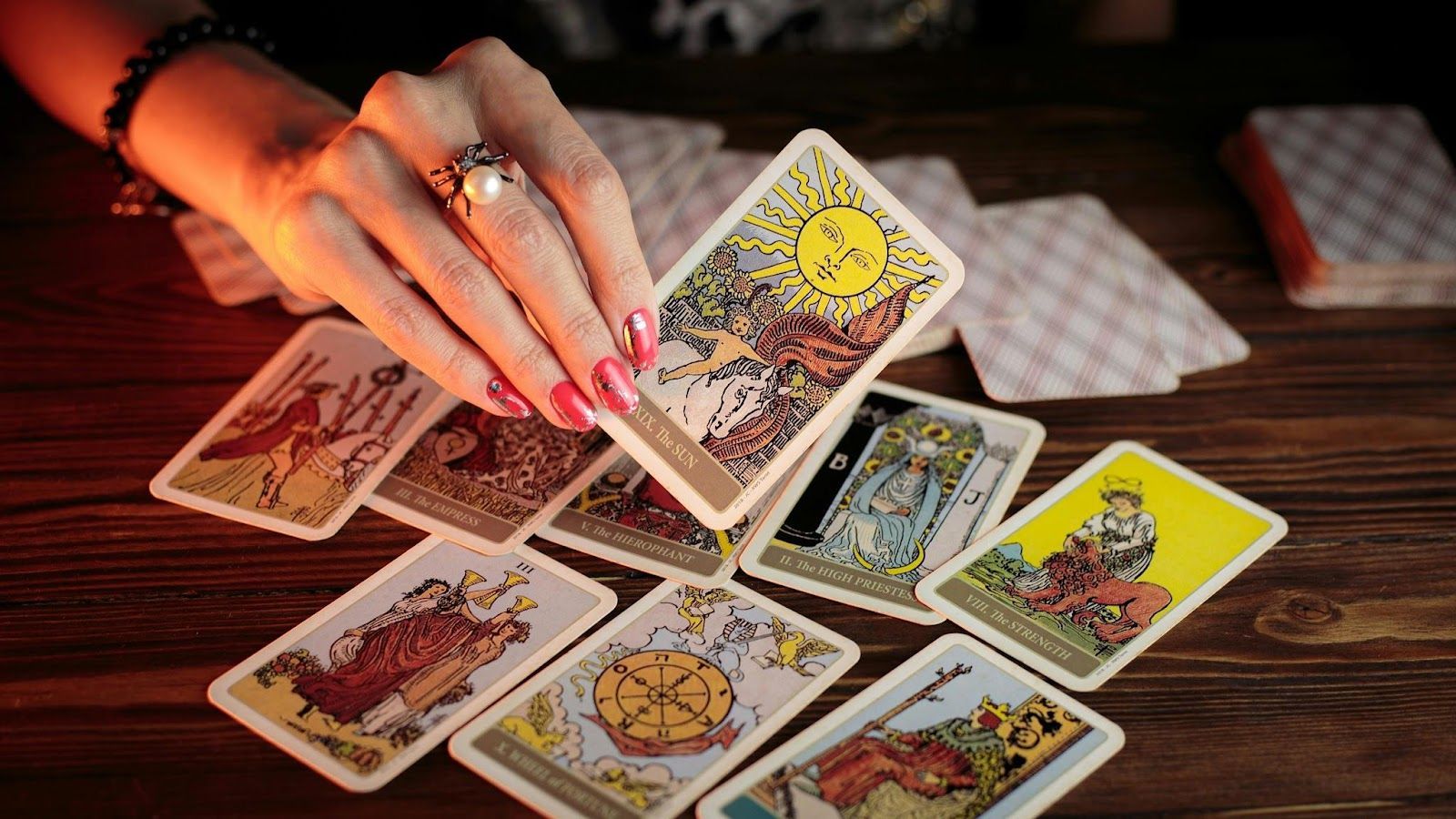Talk smarter
Words you never knew you needed: 10 quirky terms to learn today
Published on October 8, 2025
 Credit: Ling App
Credit: Ling App
It never hurts to add a few new words to your vocabulary, right? And the rarer they are, the more fun! A rich vocabulary can help you stand out at work, impress your family, or simply express yourself more clearly in any situation. Get ready to enjoy these 10 unusual words, along with their origins and meanings. Let's go!
Limerence
 Credit: Kelly Sikkema
Credit: Kelly Sikkema
"Her limerence for him made it impossible to focus on anything else."
We've all experienced that intense teenage crush; the kind of love that feels like nothing else will ever compare. If you've felt it, you were likely in a state of "limerence." Coined by a psychologist in the 1970s, this noun describes a powerful emotional state of overwhelming romantic attraction and idealization toward someone.
Accismus
 Credit: Guillermo Latorre
Credit: Guillermo Latorre
"During the negotiation, his accismus made it seem like he wasn't interested in the deal, giving him a strategic advantage."
Remember that time when your aunt gave you a very special gift and you said, "Oh, I couldn't possibly accept that," even though you wanted it more than anything? Well, that's a perfect example of "accismus." This noun means exactly that: pretending to be disinterested in something you actually desire, much like when your dog acts like it's not staring at your plate while secretly drooling.
Mendacious
 Credit: Hartono Creative Studio
Credit: Hartono Creative Studio
"The politician's mendacious claims quickly unraveled when reporters checked the facts."
If someone deliberately says something false, you can call that person (or their words) "mendacious." This adjective comes from the Latin mendax, meaning "lying," and that's why it describes a dishonest person, statement, or behavior.
Puerile
 Credit: Patrick T'Kindt
Credit: Patrick T'Kindt
"His puerile fascination with pranks made him unpopular among his coworkers."
Do you know someone who acts impulsively, throws tantrums when things don't go their way, or blames others instead of taking responsibility? Instead of simply calling their behavior "childish," you can use the word "puerile." This adjective comes from the Latin puer, meaning "boy" or "child." But use it with caution, as it often carries a negative connotation.
Draconian
 Credit: Giulia May
Credit: Giulia May
"The teacher's draconian rules made the classroom feel more like a prison."
Draco was an Athenian man from the 7th century BC, famous for creating a legal code so severe that even minor crimes could be cruelly punished. From his name, we got the adjective "draconian," used to describe laws, rules, or measures that are excessively harsh or severe.
Aplomb
 Credit: Clark Young
Credit: Clark Young
"She handled the unexpected questions from the press with remarkable aplomb."
Did you ace an exam with flying colors? Did you answer tough questions confidently and efficiently? That feeling of being able to take on the world is likely "aplomb." This intriguing noun refers to exceptional self-confidence and assurance, especially in challenging situations.
Ineffable
 Credit: krakenimages
Credit: krakenimages
"Visiting the ancient cathedral, he was overwhelmed by an ineffable sense of awe."
Some say that language shapes reality. Perhaps that's why there are things we either don't want to say or simply cannot. These things can be described as "ineffable." This adjective refers to something so great, extreme, or beautiful that it cannot be expressed in words.
Facetious
 Credit: Vitaly Gariev
Credit: Vitaly Gariev
"His facetious comment during the meeting made everyone chuckle, but the boss was not amused."
Have you ever made an inconvenient joke in a serious situation? If so, we could say that you were being "facetious." This adjective is used to describe words or behaviors that are meant to be humorous but delivered when seriousness is expected.
Paragon
 Credit: Kyle Head
Credit: Kyle Head
"Her flawless performance in the play was considered a paragon of theatrical skill."
A "paragon" is a person or thing regarded as a perfect example of a particular quality or virtue. Take Babe Ruth, for instance; he can safely be described as a paragon of athletic talent and charisma. The word comes from the Italian paragone, meaning "touchstone" or "model for comparison."
Kismet
 Credit: petr sidorov
Credit: petr sidorov
"Meeting her childhood friend in a foreign country felt like pure kismet."
If you're someone who believes in destiny, this word is perfect for you. The noun "kismet" refers to destiny, fate, or that which is meant to be. If you run into your teenage sweetheart in a strange city, if you and a friend end up working at the same company by chance, or if you miss a train that later crashes, you might say it was kismet.










